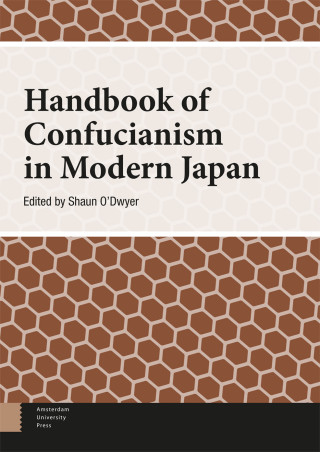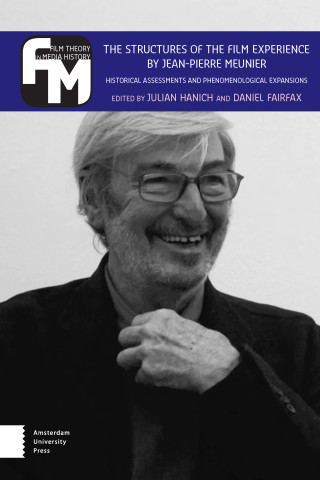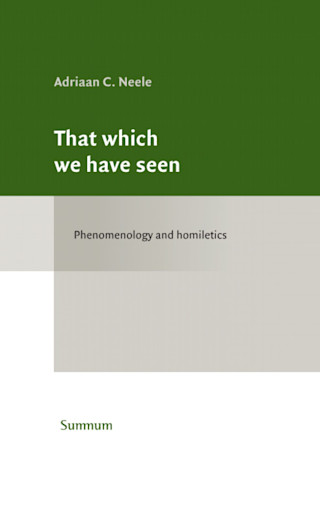Introduction – Kai Marchal, Ellie Hua Wang
Part I The Importance of Perspective
1. Perspective, Dwelling, and Phenomenology in Early Chinese Philosophy – Franklin Perkins
2. Self-Knowledge, Perspective, and the Possibility of Understanding in Zhuangzi’s Happy Fish Dispute – Meng-Ting Chiang, Lee-Chun Lo, Kai-Yuan Cheng
Part II Awareness, Self-Consciousness, and the Reality of Appearances
3. “Not Having a Heart” (wu xin) or the Paradox Between Existence and Knowledge in the Philosophy of Guo Xiang – Dennis Schilling
4. The Sense Organs, Awareness and Luminosity in Classical Chinese and Indian Thought – Douglas L. Berger
5. Selfhood and Subjectivity in Neo-Confucianism – Kai Marchal
6. On Taking Appearances Seriously: Phenomenology, New Confucianism, and the Yogachara Theory of Consciousness – Christian Coseru
7. Self, Mind, and Consciousness: Comparative Reflections – Zhihua Yao
Part III Self and Other: Ethical and Aesthetical
Perspective
8. Ritual and Confucian Shame – Ellie Hua Wang
9. Kierkegaard, Confucius, and the Intersubjective Dance – Sheridan Hough
10. The Bodily Self in Ancient Chinese Arts and in Twentieth-Century Euro-American Painting – Mathias Obert
Index





